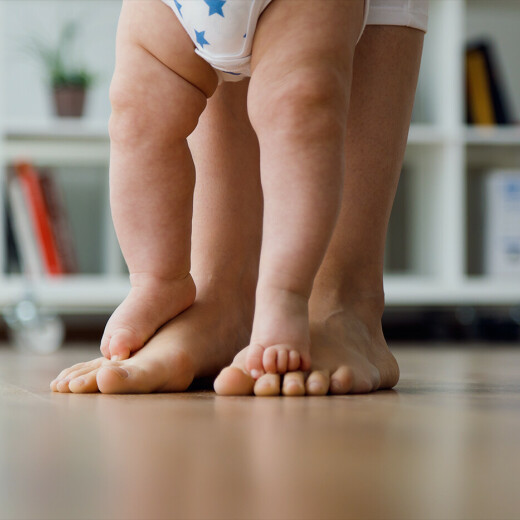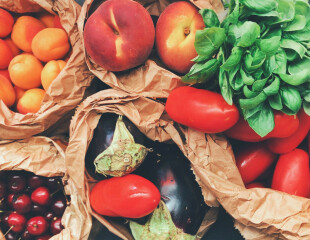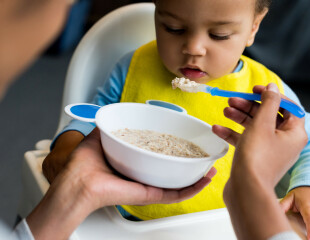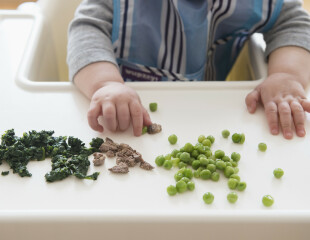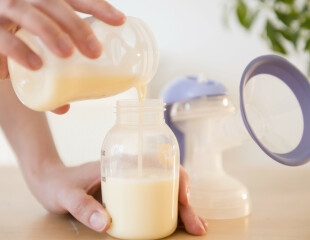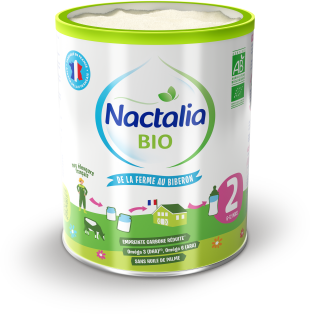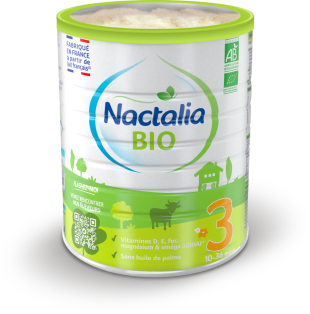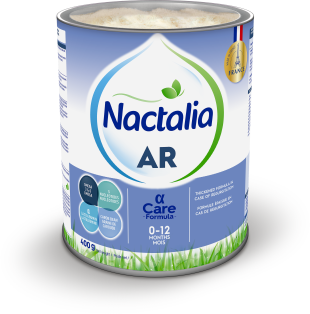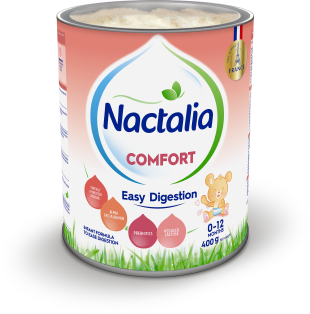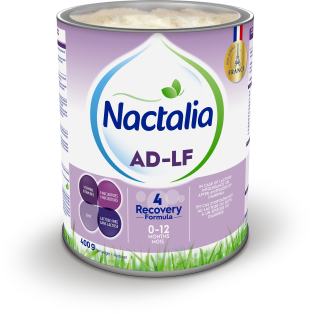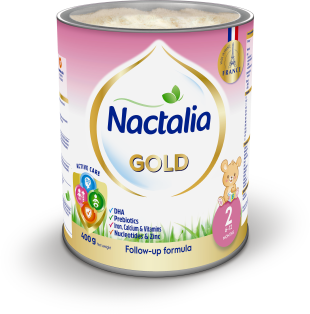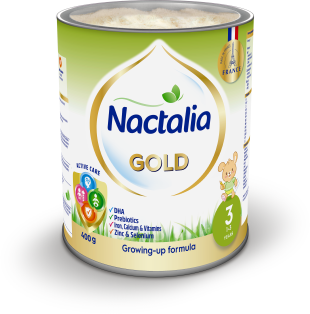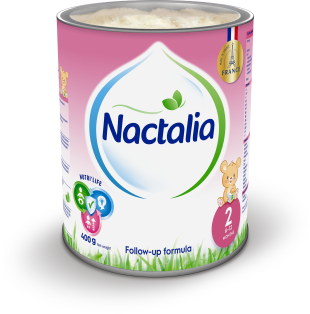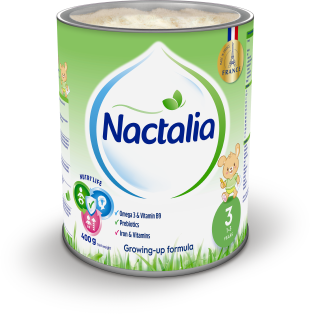
Constipation during growth
Whilst they are growing, your baby is bound to suffer from some minor discomfort and pain. There is no need to panic, it is completely normal and there are lots of tips to help you soothe your baby. The most important thing is to be well-informed and able to recognise the signs your little one is giving you.
Constipation is an intestinal problem with three distinct characteristics: infrequent passing of stools, particular appearance of stools (small and hard) and abdominal pain. Benign episodes of constipation are relatively common in children up to the age of 4. These episodes should nonetheless be treated correctly in order to avoid complications.
Constipation in newborns
From 1 to 4 months, constipation is relatively rare. In the first month, baby produces between 5 and 10 stools a day. Over the course of the second month, they naturally become less frequent and baby produces one stool every 2 or 3 days. This may seem very little, but it is completely normal at this age. At this very young age, we don’t refer to constipation until 5 to 7 days have elapsed without a stool. If this happens, give you baby a little bit more milk to drink than you normally would and massage their stomach gently in a clockwise direction. If constipation persists, consult your paediatrician.

The benefits of breast milk
The composition of breast milk makes it a superb aid to digestion and intestinal transit! High lactose content, low protein concentration and low phosphorus content… It is rare for breastfed babies to be constipated. Additionally, the mother’s milk is so easily digested that it doesn’t strain baby’s kidneys or liver!
Constipation in babies
From 5 months to 2 years old, it is more common for babies to be constipated. At this age, constipation in generally a result of a change in diet, environment or a particular effort, like learning to sit or crawl, for example. If baby’s diet is still entirely milk-based, massage their stomach and move their legs in a pedalling motion. If they are eating food other than milk, give them fruit purées, fresh fruit and fibre-rich vegetables. At this age it is preferable to avoid laxatives as well as suppositories, unless they are prescribed by a doctor for recurrent or ongoing constipation.

The benefits of water
A well-hydrated body finds it easier to produce stools. In fact, the more water reserves baby has, the less their body will feel the need to retain stools in order to preserve the water they contain. If baby is already drinking water (from about 6 months), don’t hesitate to offer them water outside meal times to help prevent constipation. If they are already constipated, opt for water with a high magnesium content.
Constipation in children
After 2 years, your child is learning about life without nappies and to use the potty. This is a practice that can be unsettling for them! Don’t rush them and let them get to grips with this new habit at their own pace. Otherwise they may decide not to go and to withhold stools simply to demonstrate their opposition to the idea. At this age, constipation is largely preventable through diet (especially fruit and vegetables) and physical activity. This can simply be a 30 minute walk to help with intestinal transit.


